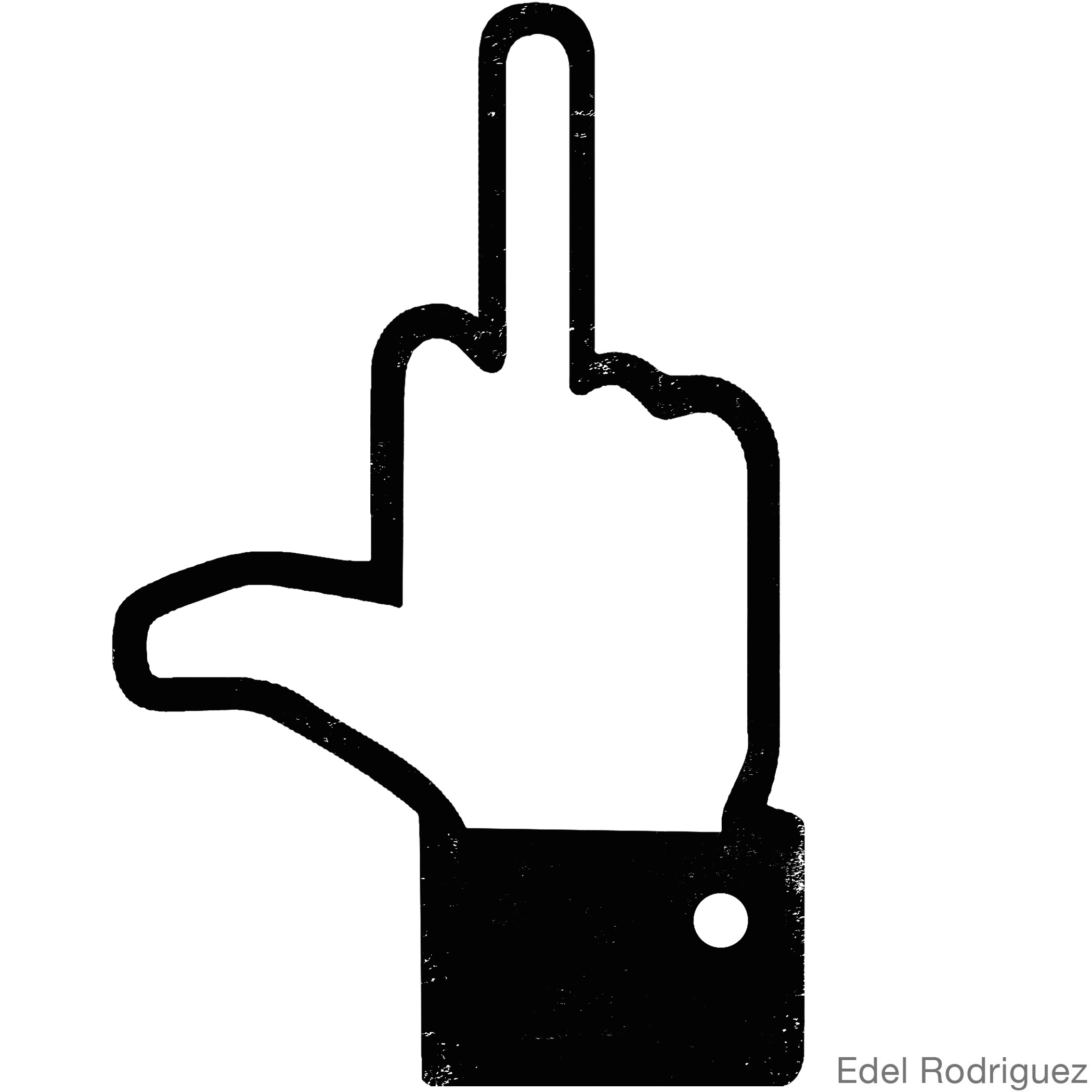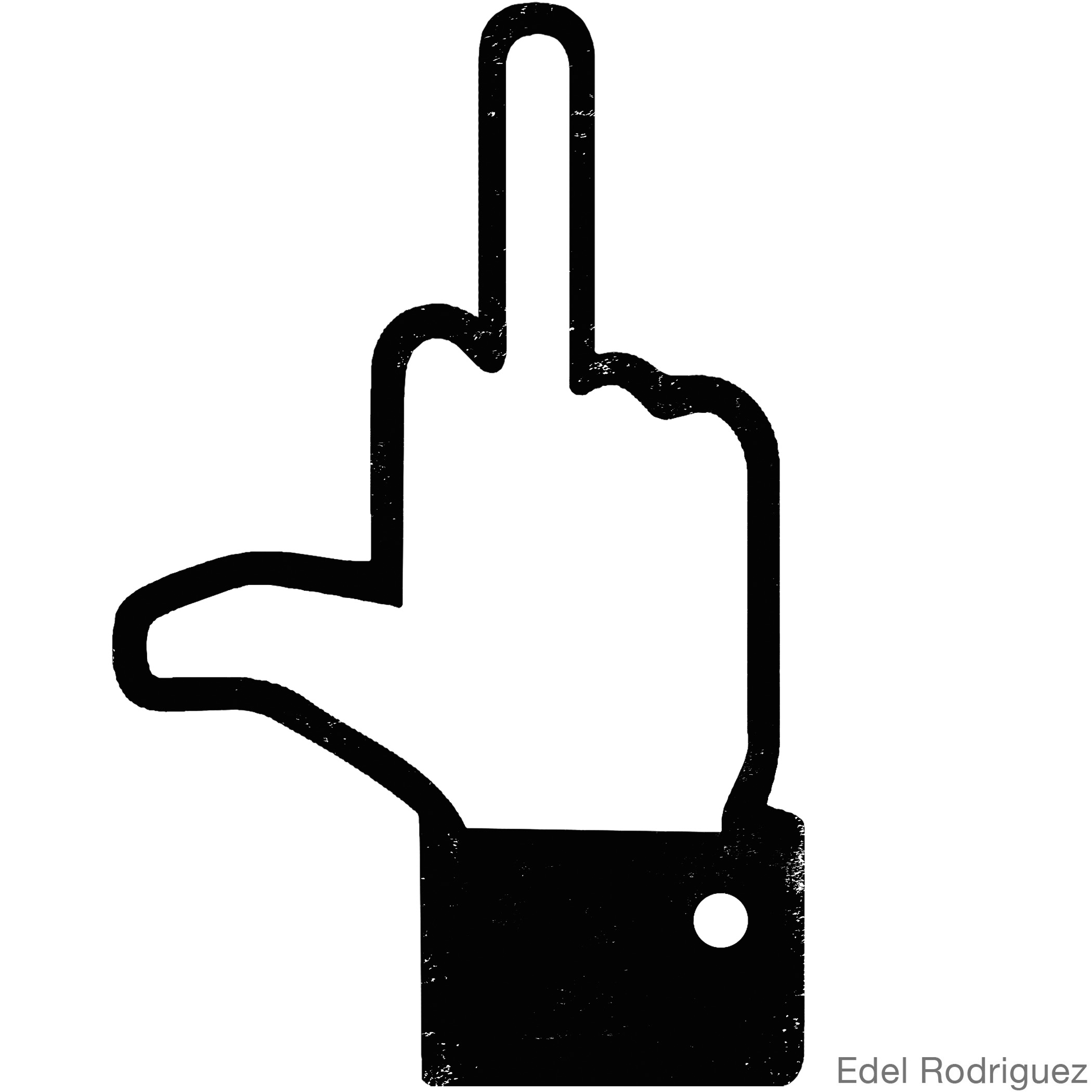 “Any investor who can get shares of the Facebook IPO should purchase as many shares as possible.” That was Jim Cramer’s tout on his CNBC Mad Money program, which promises viewers “an in-depth look at Wall Street, stock, and the market.”
“Any investor who can get shares of the Facebook IPO should purchase as many shares as possible.” That was Jim Cramer’s tout on his CNBC Mad Money program, which promises viewers “an in-depth look at Wall Street, stock, and the market.”
It is Cramer’s good fortune that he is not legally responsible for the bullshit he broadcasts.Trial lawyers who understand securities fraud have already filed lawsuits against Facebook in federal courts on both coasts, representing investors who acted on the sort of hype that Cramer was selling.
The litigation will take some time. And it will take Facebook public in a way the company didn’t anticipate, as the discovery process opens up the files and e-mail accounts of principals, bankers, and traders who worked the social network’s initial public offering.
The markets promptly delivered their verdict.
Ten days after Facebook’s overheated May 18 IPO, investors were dumping the shares at a low of $28.05. That is $14 a share below the highest quote on the day of the offering, when the price was artificially inflated by Morgan Stanley, the book runner on Facebook’s IPO.
Throughout the first day of the stock offering, Morgan Stanley purchased huge blocks of stock with the intention of creating the illusion of demand. It worked for a day. Even if the investment bankers didn’t get the huge IPO “pop” they were trying to create, they defended their price as the stock opened at $38, climbed to $42, and closed at $38.23.
One week later, the jig was up and the price was down.
If you were a retail buyer on May 18, you were the sucker. Or the zucker. You lost. Mark Zuckerberg won. A billionaire many times over, the Facebook founder and CEO finds it easier to absorb the loss of $20 billion in market capitalization than does the small investor absorbing a 30 percent loss in the value of stock purchased 10 days earlier. (On the first week of his honeymoon in Italy, Zuckerberg personally lost $4 billion in net worth.)
Morgan Stanley’s juicing the stock was perfectly legal, said a futures trader and analyst I spoke with, who added that he “wouldn’t have touched the Facebook IPO with a 10-foot pole.” Investment bankers are expected to get as high a price as possible on the first day a stock is publicly traded. Institutional investors understand that. Some small investors do not.
The courts will have the final say on the legality of the Facebook offering, but in non-legal terms, how big a fraud was perpetrated on investors (and the American public) on May 18?
What was wrong with Facebook’s initial public offering?
Almost everything. Consider:
• The initial public offering was not really “initial.” It was a secondary offering. Before the company’s stock was publicly traded, certain individuals were allowed to buy shares. In fact, 241,233,615 of the 421 million shares traded on the day of the “initial” public offering were sold by shareholders who already held the stock. One Facebook board member alone sold 50 million shares going into the IPO.
• A year before the “initial” offering, Goldman Sachs had proffered as much as $1.5 billion in Facebook stock to select wealthy investors, according to Bloomberg News. That deal did not exactly pass the smell test, as the investment bank failed to disclose that that it might sell or hedge its own $375 million investment in Facebook.
• NASDAQ, the exchange on which Facebook trades, completely botched the offering — or did it? A be-hoodied Zuckerberg rang the opening bell remotely from Facebook’s Menlo Park, California, headquarters. Then nothing happened. For 30 minutes (until markets in Europe closed), NASDAQ couldn’t get Facebook up, and no shares were traded. Once trading opened, there was a two-hour confirmation delay on Facebook trades.
• NASDAQ’s trading lag worked against the individual buyer (or seller). Barry Ritholtz, a stock market and hedge-fund analyst, reported that while individual investors could not get quotes during NASDAQ’s two-hour outage, high-frequency traders, who use computers to do their work, continued to trade in huge volumes and were able to react to fluctuations in share prices.
That was the small stuff.
Facebook stock, Ritholtz wrote in his Big Picture blog, was wildly overpriced “by about 4X.” Yet frenzied investors, enamored with the cinematically enhanced vision of the brainy Zuckerberg starting the social network in his Harvard dorm room, bought it because it was Facebook — the quintessential American success story.
Too bad they didn’t know what insiders knew.
According to a shareholders’ lawsuit filed in Berkeley, California, as the company prepared to go public, Morgan Stanley was discreetly warning “a handful of preferred investor clients” that Facebook’s revenue forecasts were lower than what was listed in the prospectus available to the public.
“Soon after Facebook amended its prospectus, all three analysts at the company’s lead underwriters — Morgan Stanley, JP Morgan Chase, and Goldman Sachs — cut their estimates for Facebook’s Q2 and the full year,” according to one report quoted in the class-action suit filed in Berkeley.
If you weren’t included in “that handful of preferred investor clients,” you didn’t get that heads up. That may or may not be fraud. But it’s hardly reassuring to retail investors who lost while better-informed investors fared better.
What is Facebook really worth?
Forget fundamentals and efficient market theory. The value of Facebook stock on the first day it traded was determined by the same behavior-finance theory that gave us the tech boom and the bust that followed: The value of a stock is whatever investors are willing to pay for it.
The value of a company is a different matter.
Roger Smith, a longtime entertainment-industry executive who now works as a media consultant, e-mailed his quick take on Facebook to a few friends, who forwarded along the e-mail as if it were an electronic samizdat. Smith’s “back of the envelope” analysis began with a comparison of market capitalization values reported in the Financial Times.
Smith wrote that “the current combined market cap for BT Group (the old British Telecom), France Telecom, and Deutsche Telecom was less than what was being accorded Facebook.” Even including Italia Telecom, the combined market cap did not reach $100 billion — while Facebook’s market cap was (then) $104 billion.
The four European telecoms Smith used in his comparison are profitable companies, by old-fashioned metrics that once mattered. Consider the four 2011 year-end metrics he cites.
The telecoms’ revenues were $206.5 billion; Facebook’s were $37 billion.
The telecoms’ operating incomes were $42.5 billion, while Facebook’s were $1.8 billion.
The telecoms’ total assets were $424.6 billion to Facebook’s $3.0 billion.
Cash flow from the telecoms’ operations was $55.8 billion; Facebook’s was $1.5 billion.
Three weeks after the IPO, Facebook’s $104 billion in market cap was down to $57.1 billion.
Nor are the European telecoms landline dinosaurs; altogether, they have 382 million mobile subscribers paying monthly service charges. Smith concludes that he would sleep better owning a portfolio of these four stocks, which also provide an average yield of 8 percent, than he would if he owned Facebook shares.
Investors seem to be sleeping better by getting completely out of equities. According to another Financial Times article, which ran six days after the Facebook IPO, institutional investors are “shunning shares” and moving money into bonds.
“Few doubt that the old cult of the equity — a six-decade period during which long-term savers loaded their portfolios with shares — has died,” wrote FT reporters John Authers and Kate Burgess.
Retail investors have also moved out of the stock market. The Facebook fiasco is not likely to bring them back.



0 Comments